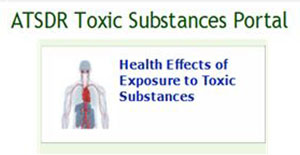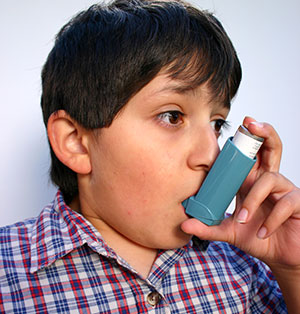Asking to Move Out Funny Pictures
Many substances in the environment can produce odors. You typically smell these odors when you are outdoors and sometimes when you are indoors with your windows open. You may smell and react to certain chemicals in the air before they are at harmful levels. Those odors can become a nuisance and bother people, causing temporary symptoms such as headache and nausea. Other odors can be toxic and cause harmful health effects.
Everyone reacts to odors differently. Some people are more sensitive to environmental odors than others. When you are more sensitive to an odor, you may have symptoms even at a low concentration of the odor in air. In general, as concentration levels increase, more people will have symptoms.
Symptoms vary based on your sensitivity to the odor. In most cases, symptoms will depend on the type of substance, its concentration in air, how often exposure occurs (frequency), how long exposure lasts (duration), your age, and your state of health.
Young children, the elderly, and pregnant women may be more sensitive to odors. In general, the most common symptoms are
- Headaches
- Nasal congestion
- Eye, nose, and throat irritation
- Hoarseness, sore throat
- Cough
- Chest tightness
- Shortness of breath
- Wheezing
- Heart Palpitations
- Nausea
- Drowsiness
- Mental depression
These symptoms generally occur at the time of exposure. Their intensity will depend on the concentration of the odor in air, how often you smell it, and how long exposure lasts.
- If the concentration of an odor in air is below levels of irritation (levels known to cause eye, nose, or throat irritation in people), the symptoms will pass when you move out of the exposure area.
- If the concentration of an odor in air is at or above levels of irritation and the exposure duration is longer, the symptoms may last after moving out of the exposure area.
No. Toxicity is the degree to which a substance (a toxin) can harm humans or animals. The following factors affect toxicity.
Are Environmental Odors Toxic Factsheet pdf icon [PDF – 2MB]
- Toxicity depends on the amount of a substance (concentration) in the air you breathe, how often (frequency) you breathe that air, and how much time (duration) you spend breathing that air.
- If a substance level in air is high, happens often, and last a long time, the odor can become toxic and cause adverse health effects.
- If those conditions do not exist, odors are generally not toxic.
- If you are sensitive to environmental odors, you may react to low concentrations of a substance in air. The length of exposure is important whether you are sensitive or not.
For more information on toxic substances, visit ATSDR's Toxic Substances Portal.
In general, no. The U.S. Environmental Protection Agency (EPA) regulates pollutants in outdoor air through the National Ambient Air Quality Standards (NAAQS). The NAAQS regulates
- Carbon monoxide (CO)
- Lead (Pb)
- Nitrogen dioxide (NO2)
- Ozone (O3)
- Particulate Matter (PM) and
- Sulfur dioxide (SO2).
Sulfur dioxide is the only regulated air pollutant with a strong, pungent odor.
Under the Clean Air Act, EPA must control 187 hazardous air pollutants, also known as toxic air pollutants or air toxics. EPA controls those chemicals for their toxicity, not for their odor. EPA requires them to be controlled at the source that generates the emissions. See the EPA website for more information: http://www.epa.gov/ttn/atw/pollsour.htmlexternal icon
Although environmental odors are not nationally regulated in the United States, many cities and local governments have established nuisance odor regulations. You can find more information by contacting your city or county health department or your state environmental department.
In many cases, yes, odors can make asthma worse. Using your inhaler, staying indoors, or leaving the area for a few hours can help.
They may be. The sense of smell decreases with age. Sometimes elderly people may not be able to smell environmental odors, so they continue to stay in an affected area. Symptoms will depend on their health status, amount of substance (concentration) in the air that they are breathing, how often (frequency) they are breathing that air, and how much time (duration) they spend breathing that air.
Source: https://www.atsdr.cdc.gov/odors/faqs.html




